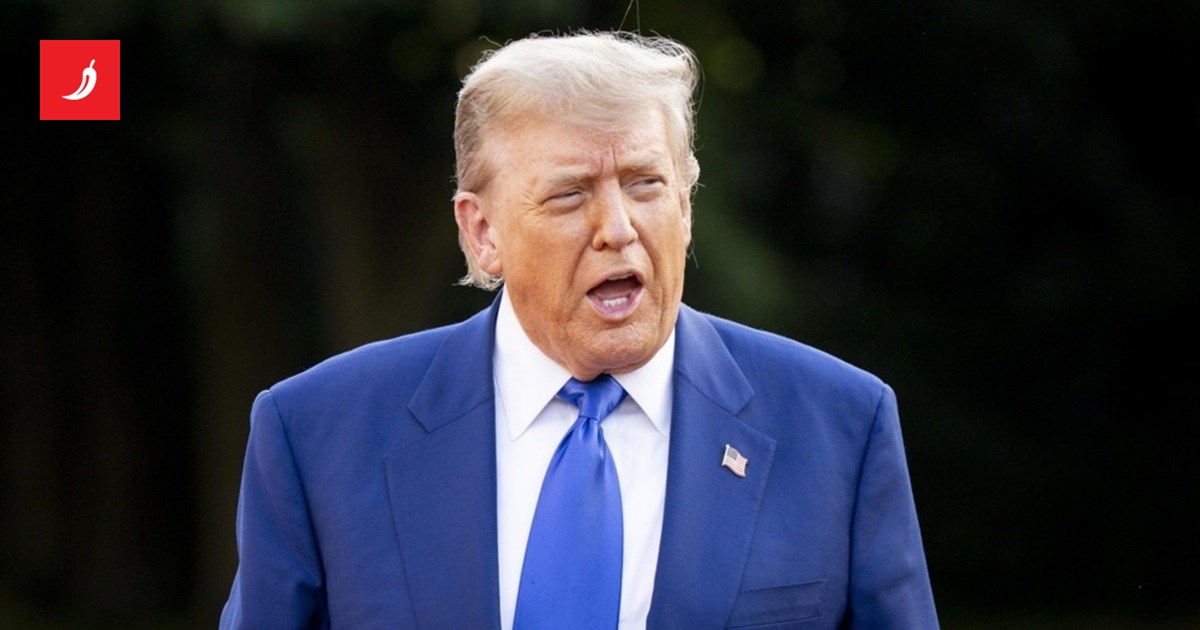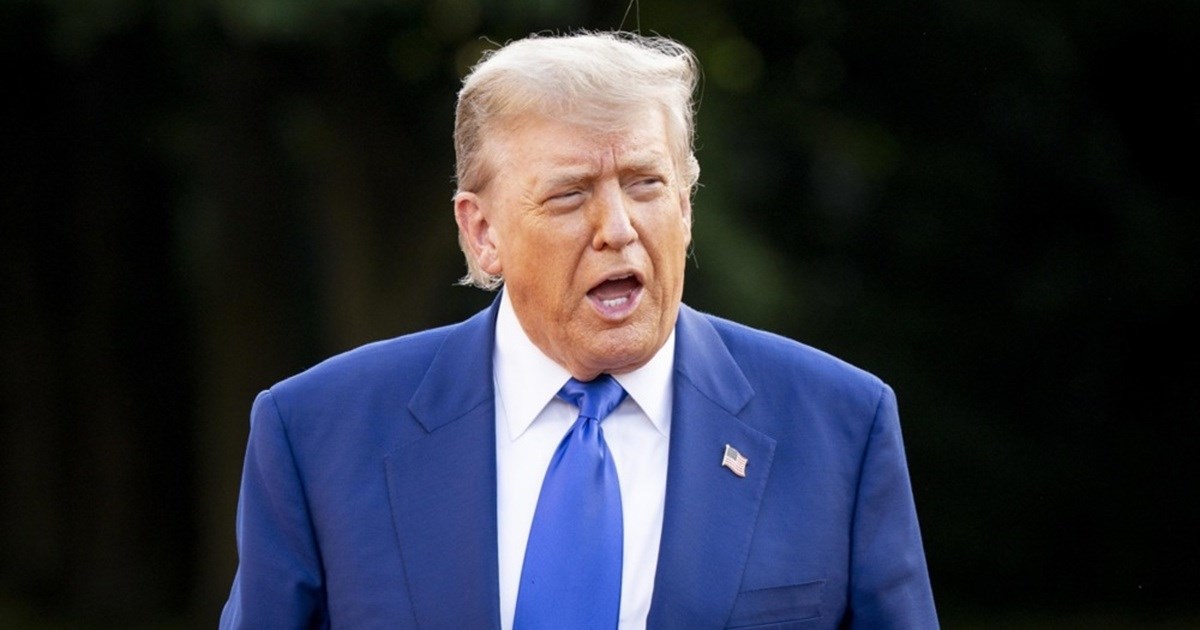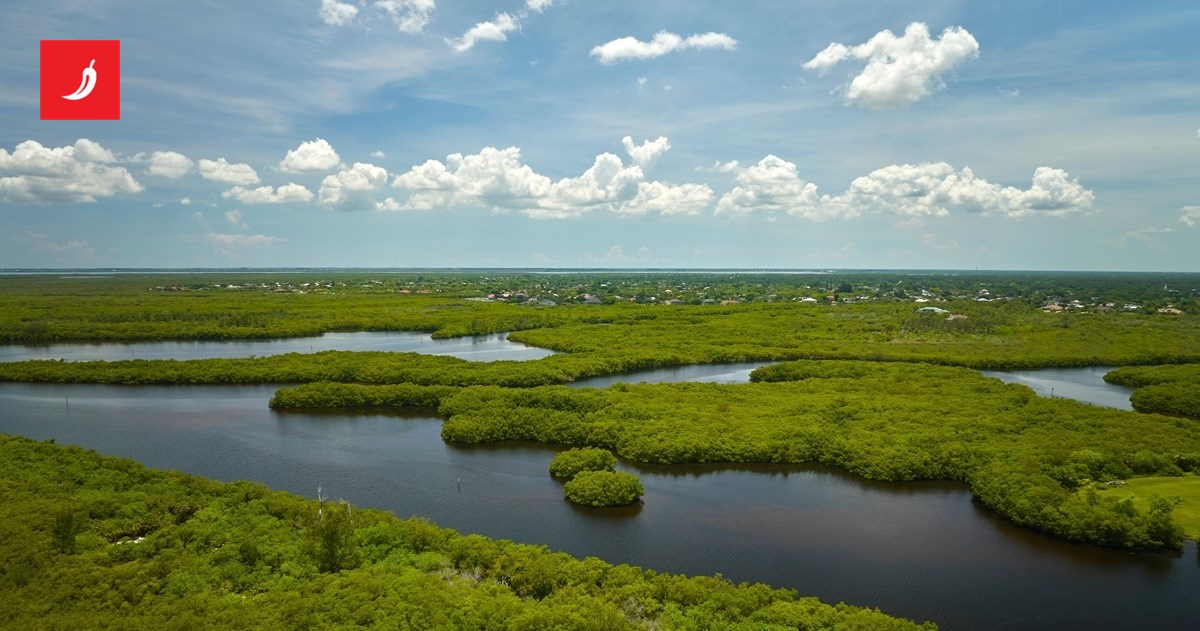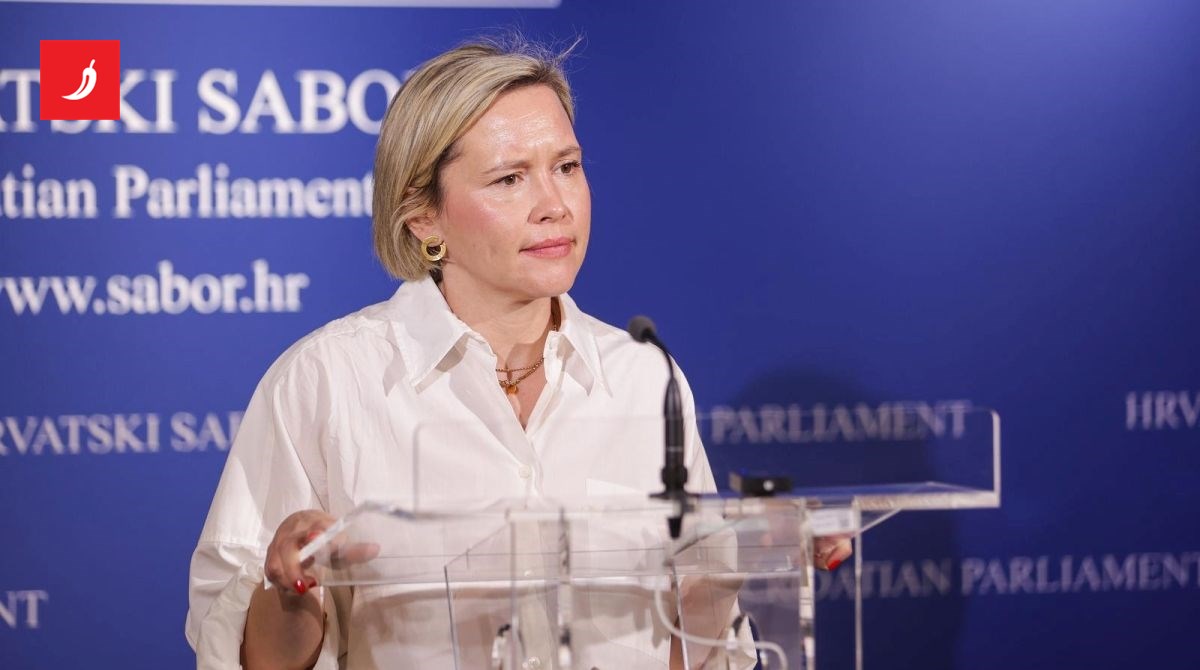Trump Extends Emergency for Western Balkans: Another Year of Sanctions and Pressure!
US President Donald Trump has extended the emergency declaration for the Western Balkans for another year, maintaining the legal basis for American sanctions against individuals and organizations in the region. The decision was published in the Federal Register and allows Trump to continue imposing financial and other restrictive measures on entities connected to the Western Balkans under the International Emergency Economic Powers Act (IEEPA).
Why the emergency?
The US administration states that activities of certain individuals and groups in the region pose an unusual and extraordinary threat to US national security by undermining peace and international efforts to stabilize the Western Balkans. These include extremist violence, obstruction of democratic governance, and blocking progress towards full Euro-Atlantic integration.
The emergency was first declared in 2001 and was further expanded by Trump in January this year to include fighting corruption and attempts to undermine the sovereignty of countries in the region. This is part of a strategy to maintain economic pressure on the region, which is considered a threat to US security interests.
Blacklists and sanctions
As part of these measures, there is a so-called blacklist of individuals and organizations under US sanctions for violating the Dayton Peace Agreement and threatening US national security. The list includes high-profile officials such as Milorad Dodik, the president of Republika Srpska. Sanctions include asset freezes, travel bans, and prohibitions on financial transactions.
The US also uses the Global Magnitsky Act to sanction individuals and companies involved in serious human rights abuses and corruption. All assets and companies linked to sanctioned persons are blocked, increasing pressure on the region.
What does this mean for the Western Balkans?
These measures maintain tensions in the region and complicate political and economic stabilization. While the US claims sanctions aim to preserve peace and democracy, many in the region see these moves as interference in internal affairs and additional pressure that could destabilize relations.
Is this the end?
The Trump administration clearly does not plan to relent. Extending the emergency for another year means sanctions and pressure on the Western Balkans will remain in place at least until June next year. This is further proof that the US considers the region crucial for its geopolitical interests and will not give up control and influence.
Conclusion
As the Western Balkans struggle with their own problems, the Trump administration continues to hold the region under economic and political pressure. The extension of the emergency and sanctions sends a clear message: America is not backing down from its role as the “guardian” of the region, even if it means more tensions and complications.
What do you think about these measures? Are sanctions the right path to stability or just making things worse? Drop a comment, maybe together we can figure out what’s really going on behind the scenes!








































